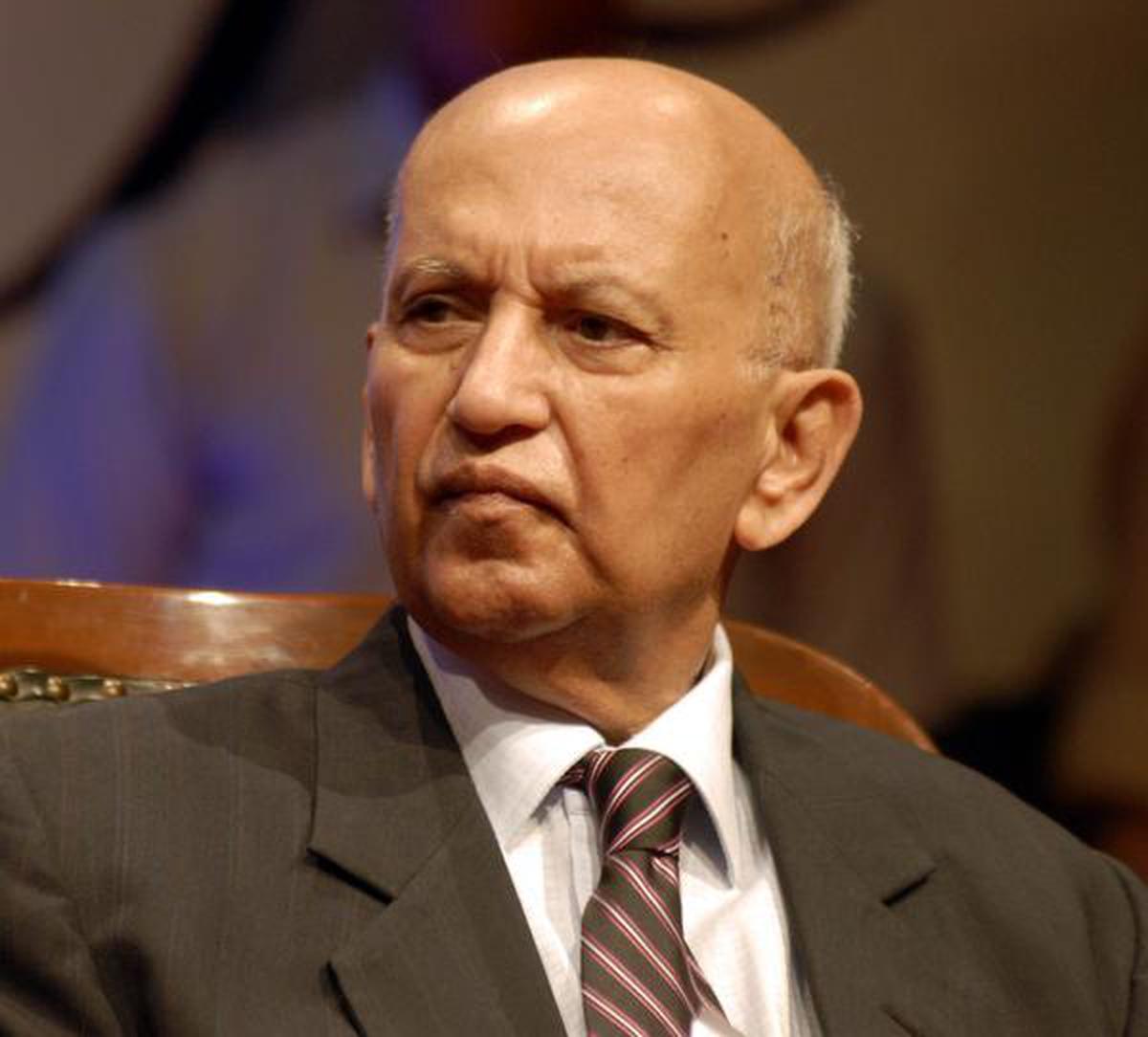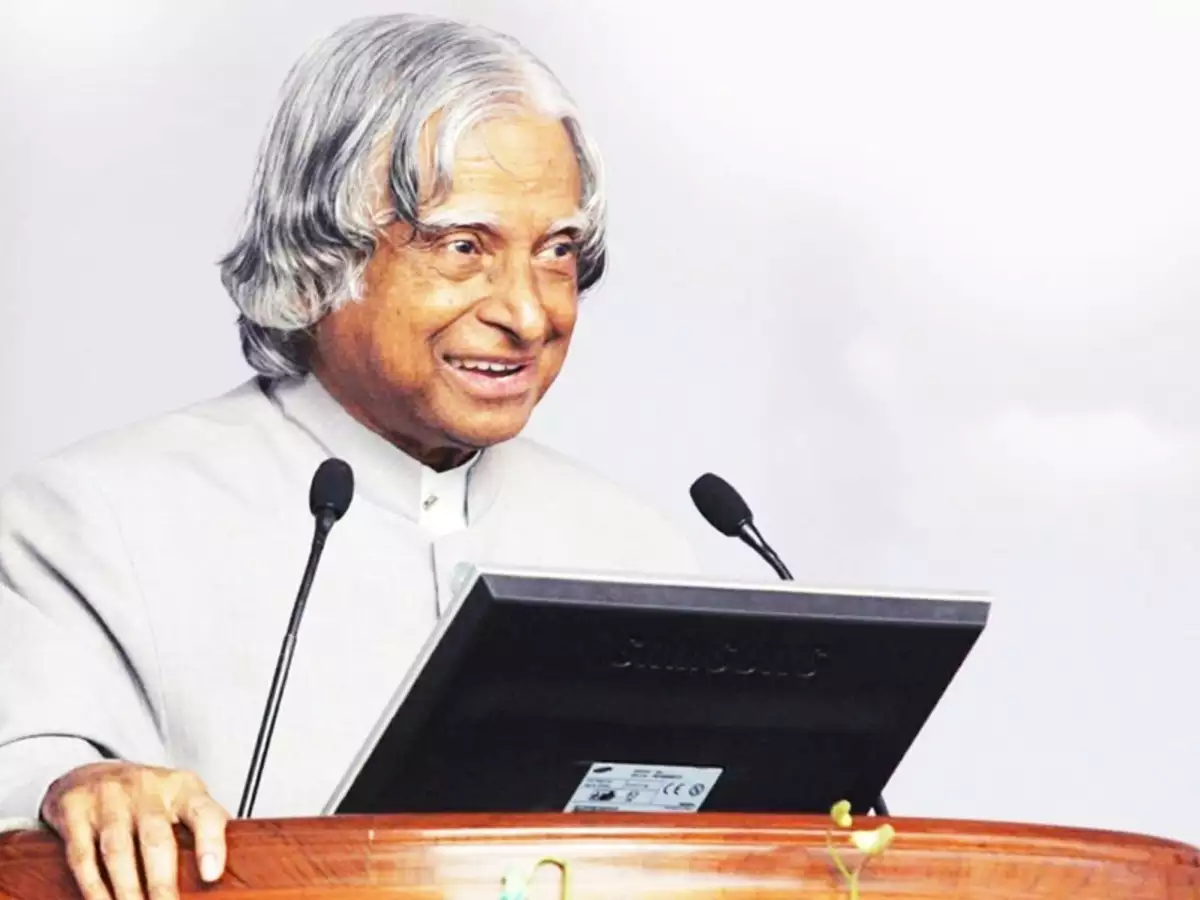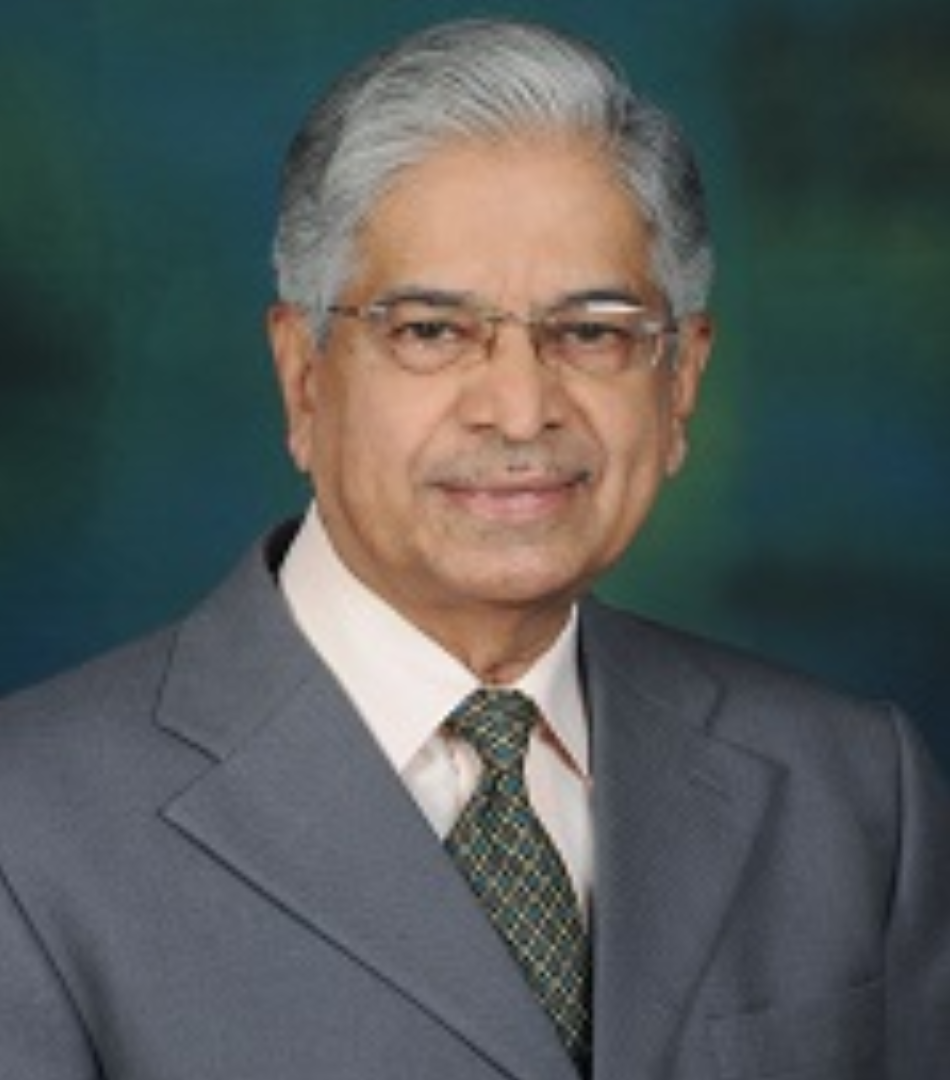Former Chancellor
Prof. U. R. Rao (2015 - 2017)

Prof U. R. Rao (28.10.2015 - 24.07.2017)
- Prof U R Rao, was an internationally renowned space scientist who has made original contributions to the development of space technology in India and its extensive application to communications and remote sensing of natural resources.
- He was the Chairman of the Governing Council of the Physical Research Laboratory at Ahmedabad. After working as a Faculty Member at MIT and Assistant Professor at University of Texas at Dallas where he carried out investigations as a prime experimenter on a number of Pioneer and Explorer spacecrafts, Prof. Rao returned to India in 1966 as Professor at the Physical Research Laboratory, Ahmedabad.
- Convinced of the imperative need to use space technology for rapid development, Prof. Rao undertook the responsibility for the establishment of satellite technology in India in 1972. Under his guidance, beginning with the first Indian satellite 'Aryabhata' in 1975, over 18 satellites were designed and launched for providing communication, remote sensing and meteorological services.
- After taking charge as Chairman, Space Commission and Secretary, Department of Space in 1984, Prof. Rao accelerated the development of rocket technology, resulting in the successful launch of ASLV rocket and the operational PSLV launch vehicle, which can launch 2.0 ton class of satellites into polar orbit. Prof. Rao initiated the development of the geostationary launch vehicle GSLV and the development of cryogenic technology in 1991.
- Prof Rao had published over 350 scientific and technical papers covering cosmic rays, interplanetary physics, high energy astronomy, space applications and satellite and rocket technology and authored many books.He was also the recipient of D.Sc. (Hon. Causa) Degree from over 21 Universities including University of Bologna, the oldest University in Europe.
Dr. A. P. J. Abdul Kalam (2007-2015)

Dr. A. P. J. Abdul Kalam (23.09.2008 - 27.07.2015)
- IIST is fortunate to have had Dr. A.P.J. Abdul Kalam as the first Chancellor. He served as Chancellor from 2007 - 2015.
- Dr. Kalam was intimately involved in India's civilian space programme and military missile development efforts. He thus came to be known as the Missile Man of India for his work on the development of ballistic missile and launch vehicle technology.
- He was an eminent scientist and able administrator, who served at the Indian Space Research Organisation(ISRO) and Defence Research and Development Organisation (DRDO).
- He also played a pivotal organisational, technical, and political role in India's Pokhran-II nuclear tests in 1998, in collaboration with Department of Atomic Energy, which made India a nuclear weapon State.
- Dr. Kalam served as a Chief Scientific Advisor to the Prime Minister and the Secretary of Department of Defense Research & Development. He was the Chairman of Technology Information, Forecasting and Assessment Council (TIFAC).
- Dr. Kalam was elected as the 11th President of India in 2002, and was the first scientist to head the world's largest democracy. Widely referred to as the People's President, he returned to his civilian life of education, writing and public service after his term.
- He received many prestigious awards like Padma Bhushan in 1981, Padma Vibhushan in 1990 and Bharat Ratna in 1997 by the Government of India. He is a recipient of several other awards and Fellow of many professional institutions.
- Dr. Kalam held the unique honour of receiving honorary doctorates from 48 Universities and institutions from India and abroad.



